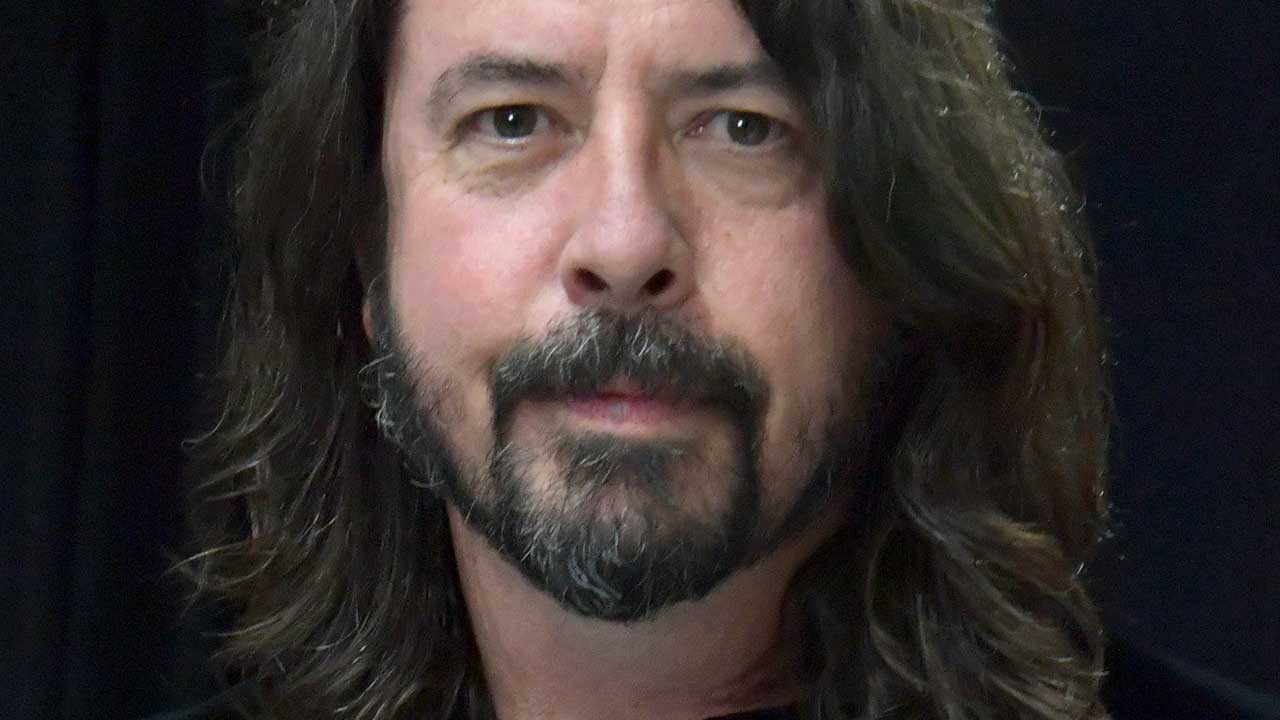Dave Grohl wasn't really a songwriter until he forced himself to become one. As drummer in Nirvana he'd taken the back seat in more ways than one, bringing a fierce metronomic dynamism to songs crafted by his frontman Kurt Cobain. "I was in a band with one of the greatest songwriters of our generation," he told CBS Sunday Morning, "so I didn’t really want to rock the boat."
That's not to say he didn't contribute. He co-wrote Endless, Nameless, the terrifying hidden track that found its way onto Nevermind. He did the same on Gallons of Rubbing Alcohol Flow Through the Strip, the similarly discreet piece that closed non-US pressings of In Utero. He dreamed up the crushing riff that powers Scentless Apprentice, that album's second track. And he co-wrote Marigold, the b-side of Heart Shaped Box, which he also sang.
In April 1994, Dave Grohl had to start again. And he turned to a bunch of songs he’d been writing during his time in Nirvana.
"I grew up with The Beatles, I loved Led Zeppelin, I fucking loved the Bad Brains and punk rock," Grohl told Classic Rock in 2011. "But when it comes to guitar playing and song structure, I think that Hüsker Dü might be my biggest songwriting influence.
"I was a huge Hüsker Dü fan, and obviously Bob Mould’s music has influenced the way I write music and the way I play guitar. A lot of what I do comes from Bob. I’ve name-checked Hüsker Dü songs lyrically. Like in Times Like These it says: ‘I’m a new day rising’, which is one of my favourite Hüsker Dü records.
"I had this song [Dear Rosemary, from 2011's Wasting Light] that I thought might sound cool if he sang with me on it, call and response, so I texted him and said: 'Hey, do you want to come down?' And he did. We weren’t really sure what we were going to do.
"I watched him play guitar, and as I watched him do it I realised that I owe more to Bob Mould than to maybe any other musician. There’s specific things that he does that I learned from him, not from anyone else."
Seven years later, Grohl revealed more to Classic Rock's Dave Everley.
"Bob Mould should be placed in the highest ranks of America’s greatest songwriters and lyricists,” he said. “You can argue that he’s just as influential in his own right as Tom Petty – he's a classic American songwriter, only writing from a different place to most."
"Hüsker Dü, which was Bob Mould’s original band, had this sense of classic melody - it was almost like a punk rock band playing Byrds songs, which they actually did when they covered Eight Miles High. But there was an entire sense of emotion, with beautiful melody, which could sometimes be countered with this anger and distortion that was really unusual at the time.”
“I'd seen him play in in 1984 or ’85, but I was just a stage-diving, slam-dancing kid singing along to the songs. I finally got to meet him maybe 10 years ago. I said, ‘I just have to thank you, because I've really taken a lot from your music.’
"And he said, ‘I know’.”

